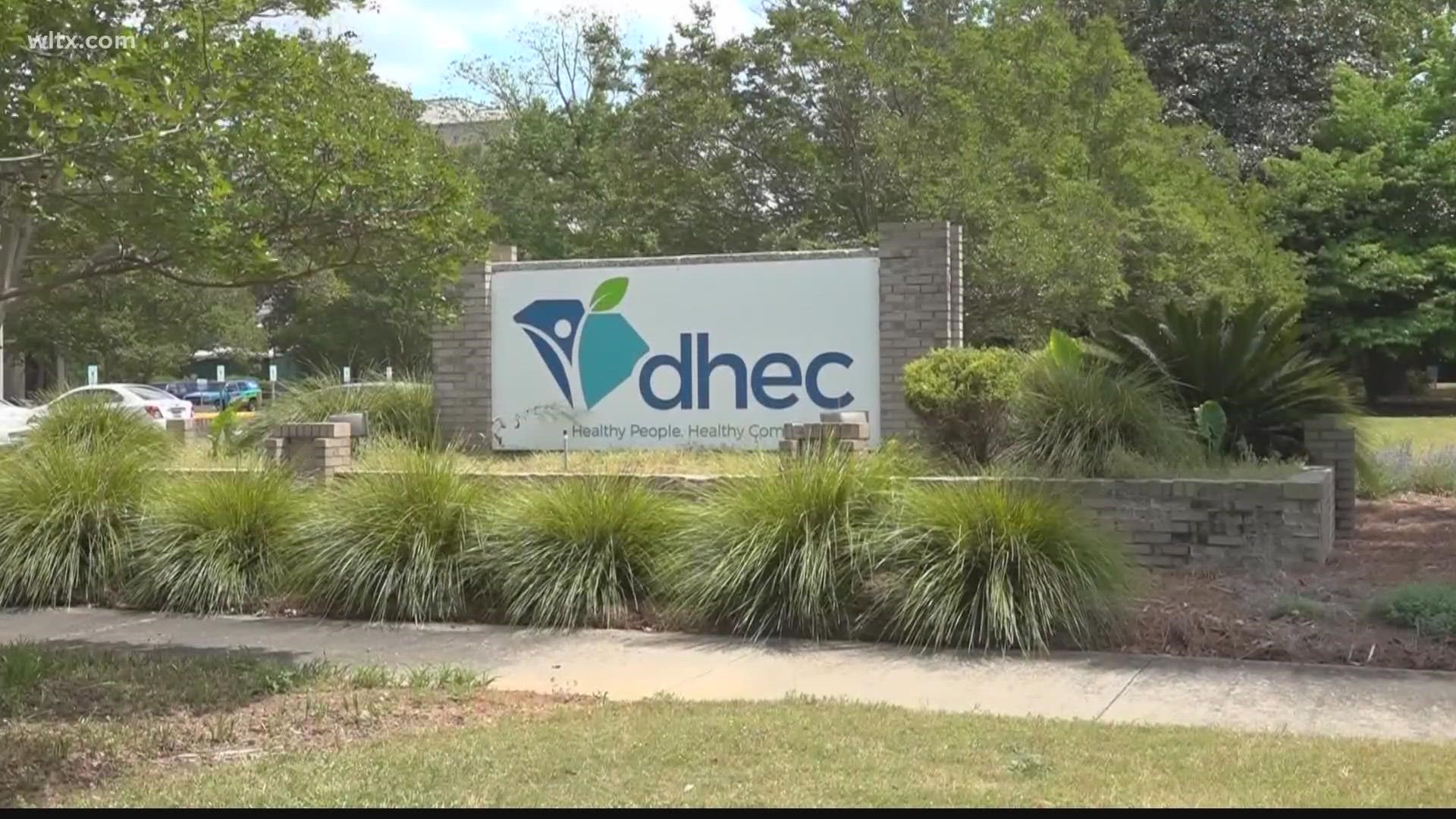COLUMBIA, S.C. — South Carolina Senators passed a bill Wednesday that would end the state's Certificate of Need program, which requires healthcare providers to get the state's approval before making changes to their facilities or expanding them.
According to DHEC, the Certificate of Need program was meant to lower costs and prevent duplication of healthcare services in the same area.
The bills lead sponsor, Sen. Wes Climer argues it has reduced access and increased healthcare costs.
“If there’s less healthcare options then prices will go up, so those same economic forces are at play in healthcare. If we have more supply, then costs go down," said Climer.
Six Senators voted 'no' on the bill last year, including Sen. Kevin Johnson (D-Clarendon) who fears a total repeal would further hurt rural South Carolina.
“If we repeal Certificate of need, the competition comes in and they’re wealthy and they can pick and choose what services they want to provide," said Johnson. "that’s going to cause a lot of small rural hospitals to close because they don’t have the revenue to remain open."
Johnson and the South Carolina Hospital Association support reforming the program over repealing it. The SCHA said in a statement to News 19:
"SCHA supports substantial reforms to the Certificate of Need program – exempting more projects and services from CON review and dramatically accelerating the appeals process. We oppose repeal because a focused, well-run CON program improves patient safety and is essential to protecting access to care for low-income families and rural communities. The CON program also ensures a level playing field, by keeping out-of-state providers from only offering the most profitable services without having to do their part to support South Carolina’s uninsured or underinsured patients."
State Director of American's For Prosperity South Carolina Candace Carroll Disagrees.
“Since 2010 six rural hospitals have closed across the state. If that is the concern we should really lean into the fact that it's already happening across the state," said Carroll.
If signed into law, Climer expects results to be immediate.
“Over the last i think five or six years certificate of need has been used to block over $400 million in healthcare investment in South Carolina, so there’s a lot of pent up demand for healthcare investment in our state," said Climer.
The proposal would not apply to nursing homes or the Medical University of South Carolina.
A 2021 study by the Mercatus Center at George Mason University found that repealing the CON requirement would increase the number of hospitals in the state from 82 to 116. It would also increase the number of rural hospitals in the state from 21 to 30.
The Senate voted to repeal the state's CON requirement last year, but the measure was held up in the House before the end of the legislative session.
The state’s Certificate of Need process began in 1971. Three years later, Congress required every state to adopt one or risk losing access to federal money. The federal law was repealed in 1987, with Congress acknowledging it was ineffective at controlling cost.
South Carolina would join a dozen other state who have either fully repealed CON or allowed them to expire.

